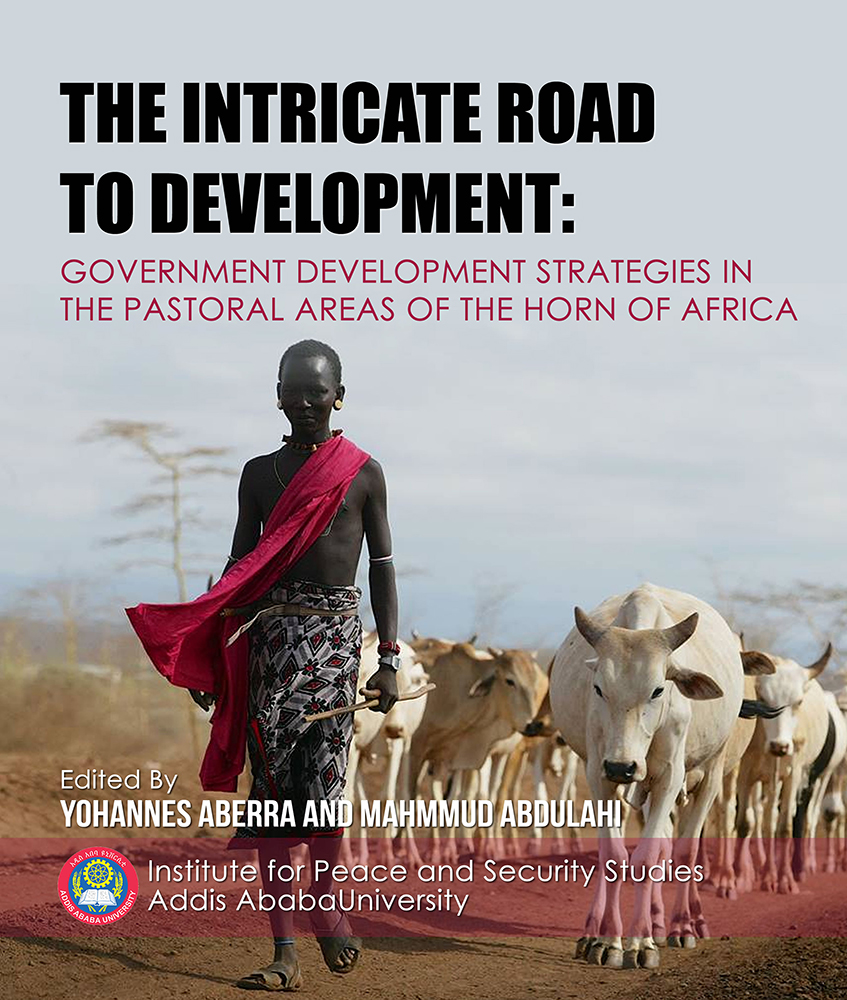Location
The Institute for Peace and Security Studies (IPSS) at the Addis Ababa University is the premiere institute for education, research, and policy dialogues on peace and security in Africa. Established in 2007, it is now among the top 50 think-tanks in Sub-Saharan Africa according the 2014, 2015 and 2016 Global Go To Think Tank Index Reports. In 2010, IPSS was also identified by Addis Ababa University as one of its five “Centres of Excellence”. Its Africa Peace and Security Programme (APSP), a joint initiative with the African Union, is mandated by the AU Executive Council Decision (EX.CL/567 XVI), and the follow-up Memorandum of Understanding signed between the two institutions, to take up the intellectual challenge of finding African-led solutions to peace and security in Africa.
IPSS produces skilled professionals in conflict prevention, management, resolution, peacebuilding, and promotes the values of a democratic and peaceful society. We currently offer five education programmes: a one-year Executive MA on Managing Peace and Security in Africa (MPSA), a two-year MA Programme in Peace and Security Studies; a PhD Programme in Peace, Security, Federalism and Human Rights; and joint MA and PhD programmes in Global Studies. IPSS also serves as the secretariat of the Tana High-Level Forum on Security in Africa, an annual high-level gathering of heads of state, policymakers, academia, and the private sector to discuss and find solutions to Africa’s challenges in peace and security.
Members:
Resources
Displaying 1 - 2 of 2The intricate road to development:government development strategies in the pastoral areas of the Horn of Africa
Pastoralism is a livelihood strategy and a system of mobile livestock production that makes wide-ranging use of grazing lands in arid and semi-arid environment that doesn’t uphold sustainable crop cultivation. The freedom of mobility over outsized land for seasonal pastures is indispensable to pastoralist production primarily in order to convert the pastures residues into human food. The people and livestock in pastoral communities may move to avoid various natural and/or social hazards, to avert competition with others, or to seek more favourable conditions.
A Delicate Balance
Excluding the introductory and concluding chapters, this book has 11 chapters presented in three sections. The first section dwells primarily on conceptual issues, which comprehensively unravels large-scale agricultural investments and their impacts at the theoretical level.



